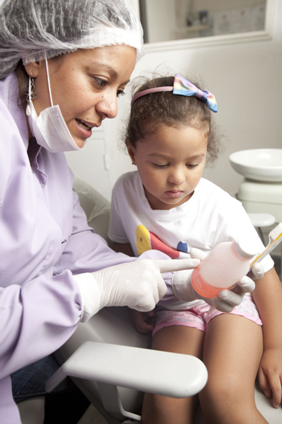Psychological impact
Parents
Giving birth to a baby with a cleft can have a profound psychological impact on
the child’s parents. It is common for parents to feel guilty, angry, shocked, helpless
or disappointed.
It is important to realise that, in most cases, a cleft cannot be prevented and
that you are not to blame. Some parents may worry that they will be unable to bond
with a child who has a cleft, but there is no evidence this is the case.
Your cleft care team will be used to supporting parents during the difficult time
that can follow the birth of a baby with a cleft. Take this opportunity to express
any concerns and worries that you have and ask as many questions as you want.
Some parents find that learning as much as they can about the condition helps them
to cope better. Also, talking to other parents in similar circumstances can help
reduce feelings of anxiety and isolation.
Children
A cleft can also have a psychological impact on a child, particularly as they get
older and begin to mix with other children.
It is recommended that you are entirely open about the nature of your child's condition
as soon as they are old enough to understand. Treat it as a normal topic of conversation
and not a guilty secret that nobody should talk about.
It is best to be realistic about the possible length of treatment that your child
might require and its likely outcomes. Ongoing treatment lasting for up to 20 years
is usually required for most children with a cleft. Although this can be upsetting,
giving your child false hope and unrealistic expectations could be more damaging
in the long run.
You can also help strengthen your child's independence by involving them in the
decision-making process about their treatment and their life in general.
Tooth decay
Children with clefts are more likely to develop tooth decay. This is partly due
to crowding of the teeth, which makes it more difficult for them to keep their teeth
clean.
The advice below may help reduce your child’s risk of developing tooth decay.
- Your child should have a dental check-up at least once every six months.
-
Encourage your child to brush their teeth after every main meal. When they are at
school, you could put a small tube of toothpaste and a toothbrush in their lunchbox
-
Using a fluoride mouthwash once a day will help protect your child’s teeth against
decay.
-
Limit the amount of sweet and sticky food and drink your child eats and drinks because
they can increase the risk of tooth decay.
-
Limit the amount of starchy foods that your child eats, such as crisps, white bread
and biscuits.




